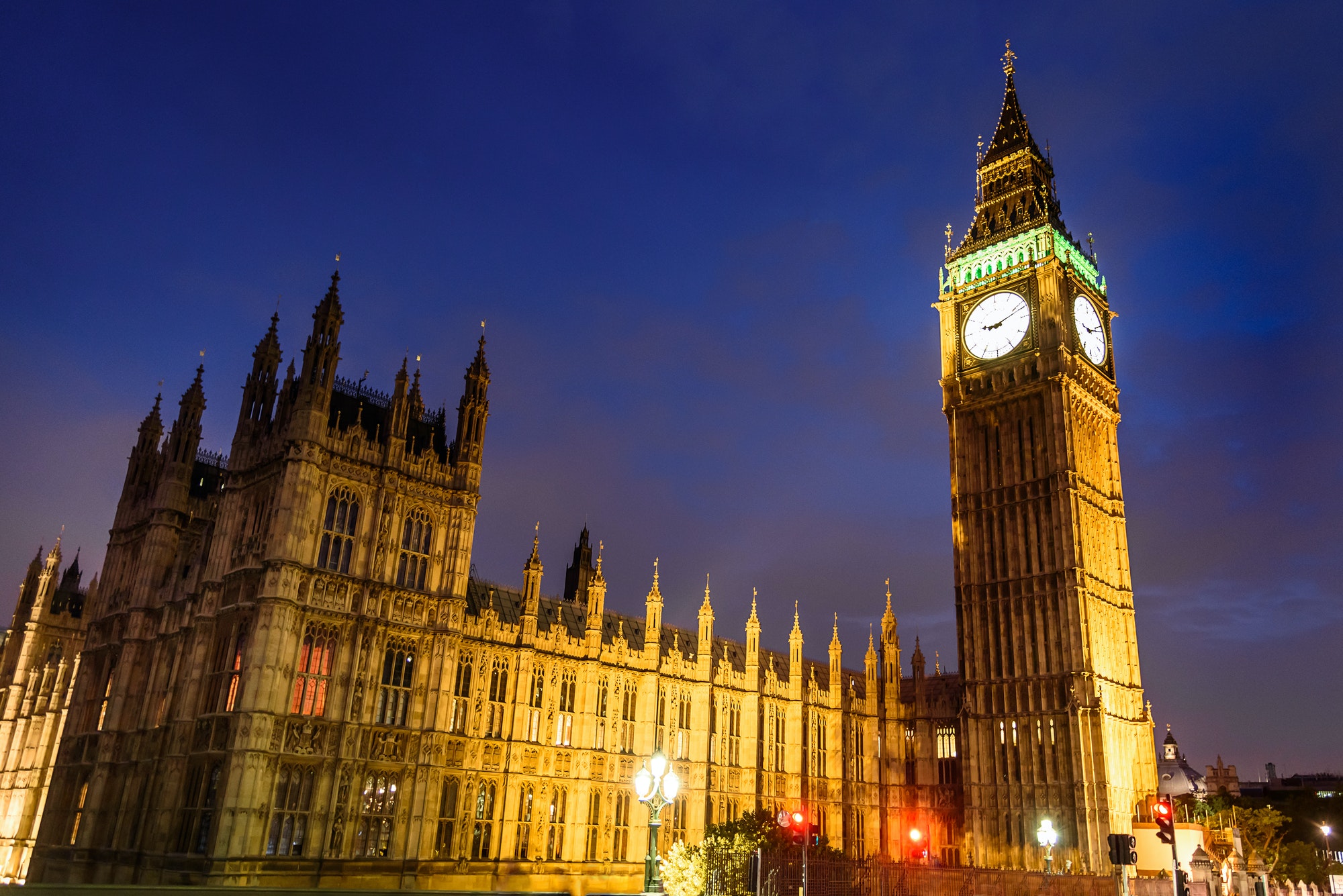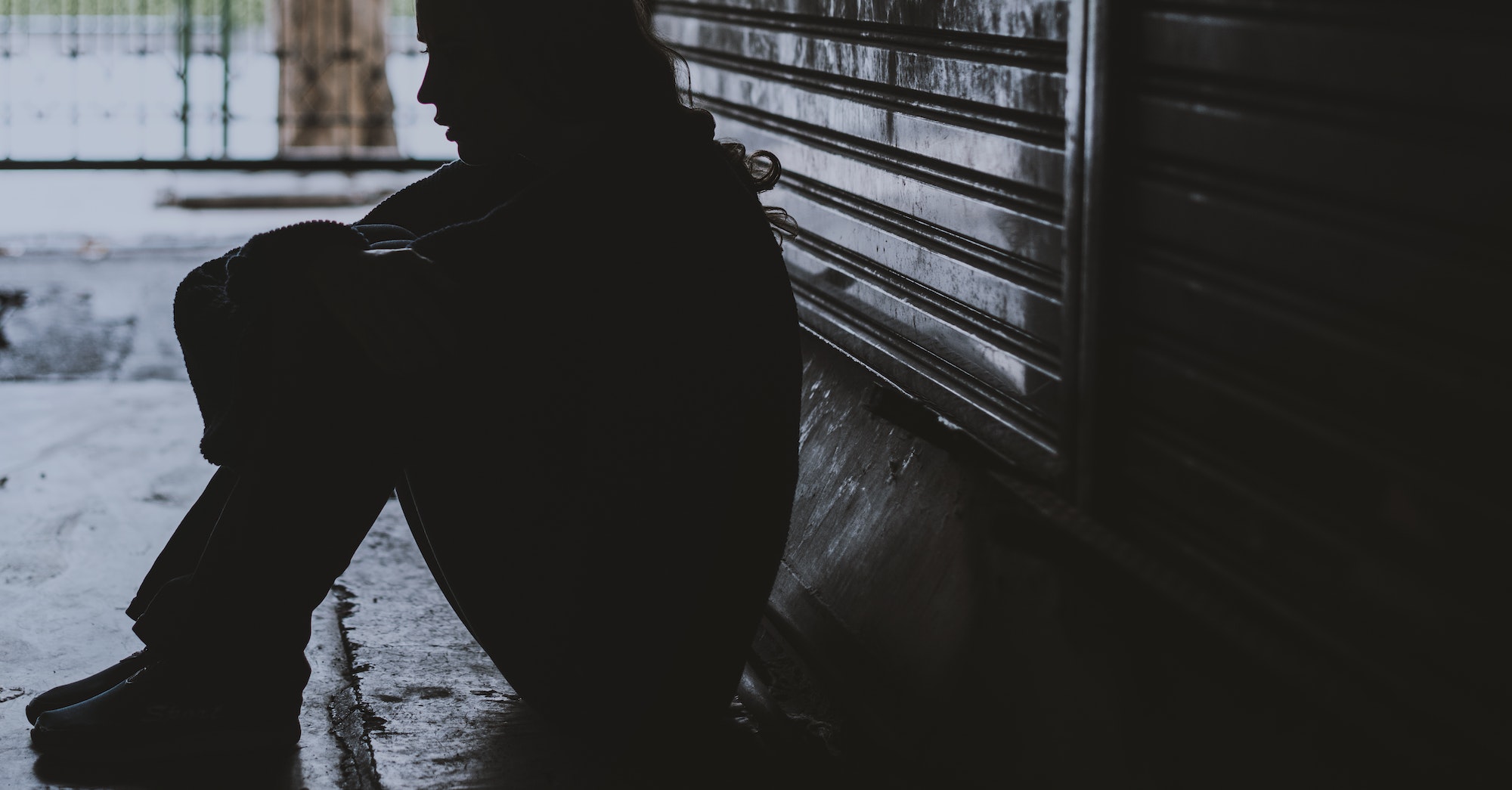Domestic abuse victims seeking accommodation when fleeing an abusive relationship continue to be confronted by obstruction from housing officers, according to a Solace Women’s Aid survey.
Now that anyone made homeless by domestic abuse automatically has priority need for temporary accommodation, the charity surveyed frontline workers to assess how well the change introduced in last year’s Domestic Abuse Act is working and whether survivors’ experiences of seeking a new home had improved.
“In half of the applications frontline staff had supported, service users had experienced some form of gatekeeping,” said London-focused Solace, referring to the practice of barriers being put up to delay people obtaining their rights.
The most common form was requiring police corroboration, which occurred in 71% of cases, up from 67% in a survey conducted last year. Police evidence is not required, according to Solace which conceded: “The lack of social and affordable housing supply incentivises housing officers to find reasons to turn down homelessness applications.”
More positive survey results included incidences of housing officers asking for proof of physical violence falling to 13% from 37%, and 30% of frontline workers surveyed saying priority need has improved the situation for survivors’ when making homelessness applications.
While acknowledging the act has made some improvements, Solace commented that in addition to gatekeeping domestic abuse survivors faced a lack of understanding or empathy from housing officers.
“The move to remote services since the pandemic has exacerbated these issues and can leave women who have fled abusive perpetrators with nothing in precarious situations.”
Among Solace’s recommendations for safe housing are that councils should ensure every housing officer is trained in their domestic abuse duties and homelessness and local authorities should ringfence 5% of all new social housing for domestic abuse survivors.











